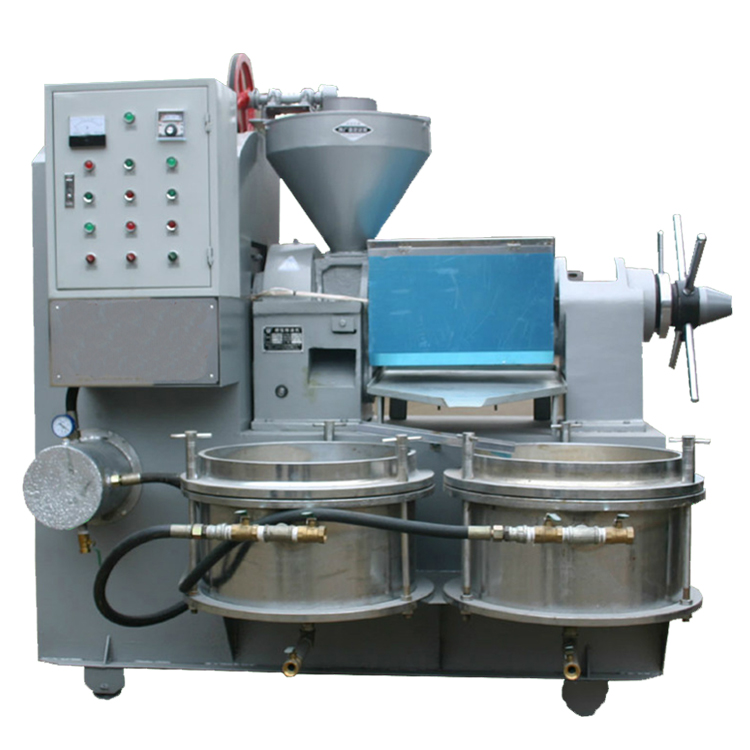Dec . 05, 2024 14:44 Back to list
food oil refined unit products
Understanding the Refined Unit Products of Food Oil
The production and refinement of food oils is an essential process in the food industry, providing key ingredients that enhance flavor, texture, and nutritional value. Food oils are derived from various sources such as plants, seeds, and nuts, and their refinement transforms crude oils into consumer-ready products. This article delves into the significance, processes, and types of refined unit products in the food oil industry.
Importance of Food Oil Refining
Refining food oils is critical for several reasons. Firstly, the refining process removes impurities and contaminants that may be present in crude oils. These impurities can affect the oil's flavor, smell, and appearance, rendering it unsuitable for consumption. Additionally, refined oils have improved stability and a longer shelf life, which is crucial for both manufacturers and consumers. For commercial use, refined oils can withstand higher temperatures, making them ideal for frying and cooking.
Moreover, refining enhances the nutritional profile of oils by removing potentially harmful compounds and maximizing the beneficial components, such as essential fatty acids and antioxidants. This process ensures that consumers enjoy the health benefits associated with various oils, making them a staple in kitchens around the world.
The Refining Process
The refining of food oils typically involves several key steps degumming, neutralization, bleaching, and deodorization. Each of these steps plays a vital role in producing high-quality refined oils.
1. Degumming This initial step involves the removal of phospholipids and other impurities that can cause cloudiness or instability in the oil. Water or acid is commonly used to hydrate these impurities, allowing them to be easily separated from the oil.
2. Neutralization During the neutralization process, free fatty acids are removed to prevent undesirable flavors and prolong the shelf life of the oil. This step often involves the use of caustic soda, which reacts with the free fatty acids to form soap that can be separated from the oil.
3. Bleaching Bleaching is conducted to improve the color and clarity of the oil. Activated clay or carbon is used to adsorb pigments and other trace materials that can affect the oil’s appearance. This step not only enhances visual appeal but also contributes to the stability of the oil.
food oil refined unit products

4. Deodorization The final step in the refining process is deodorization, which involves the removal of volatile compounds that contribute to undesirable odors and flavors. This is typically achieved through steam distillation under vacuum, ensuring that the oil retains its light, neutral flavor profile.
Types of Refined Unit Products
Refined food oils come in a variety of types, each with unique properties suitable for different culinary applications. Some common refined oils include
- Vegetable Oil A general-purpose oil derived from various plants, it is commonly used for frying and baking due to its neutral flavor and high smoke point.
- Canola Oil Known for its low saturated fat content and high omega-3 fatty acid levels, canola oil is often chosen for health-conscious consumers and is versatile for cooking.
- Sunflower Oil With a light flavor and high smoke point, sunflower oil is ideal for frying, sautéing, and salad dressings.
- Olive Oil Though best enjoyed unrefined for its health benefits and flavor, refined olive oil is often used in cooking for its versatility and higher smoke point compared to extra virgin varieties.
- Soybean Oil One of the most widely used cooking oils globally, refined soybean oil is cost-effective and suitable for a wide array of culinary applications.
Conclusion
The refinement of food oils is a crucial process that enhances the quality, safety, and culinary application of oils used in kitchens worldwide. Understanding the significance of refined unit products, along with the comprehensive refining process, helps both consumers and industry professionals appreciate the value of the oils they incorporate into their diets. As consumer preferences evolve, the food oil industry continues to innovate and adapt, ensuring that quality and health remain at the forefront of oil production.
-
Popular Commercial Oilseed Crushing Machinery | High-Yield Oil Expeller Press
NewsAug.24,2025
-
Food Oil Refined Unit Companies: Leading Manufacturers & Exporters
NewsAug.23,2025
-
Expert Oil Filter Machine Service & Solutions | Quality & Reliability
NewsAug.22,2025
-
LZY-206 Double Screw Cold Oil Press – Maximize Yield, Preserve Nutrients
NewsAug.21,2025
-
Efficient Black Seed Oil Expeller & Multi-Seed Oil Press
NewsAug.19,2025
-
HP 120 Model Cold Oil Press-Hebei Huipin Machinery|Energy Efficiency, Multi-Functionality
NewsAug.18,2025
